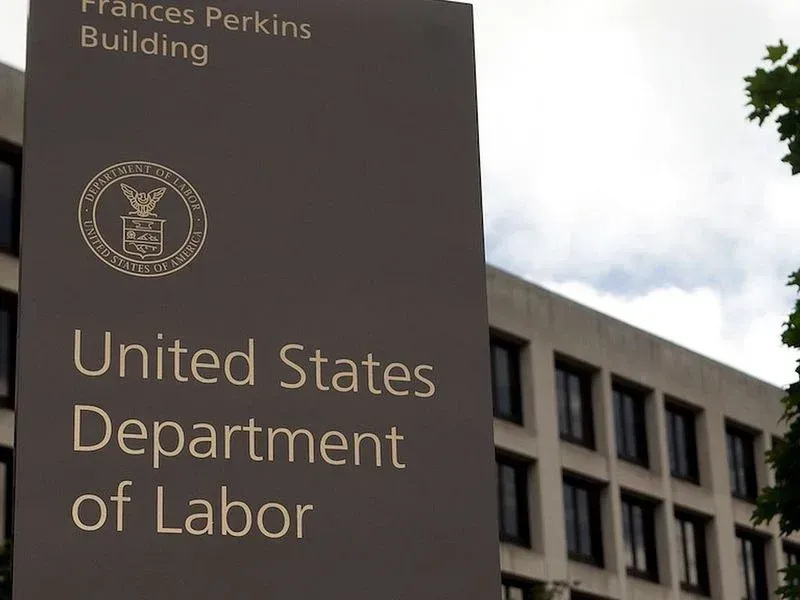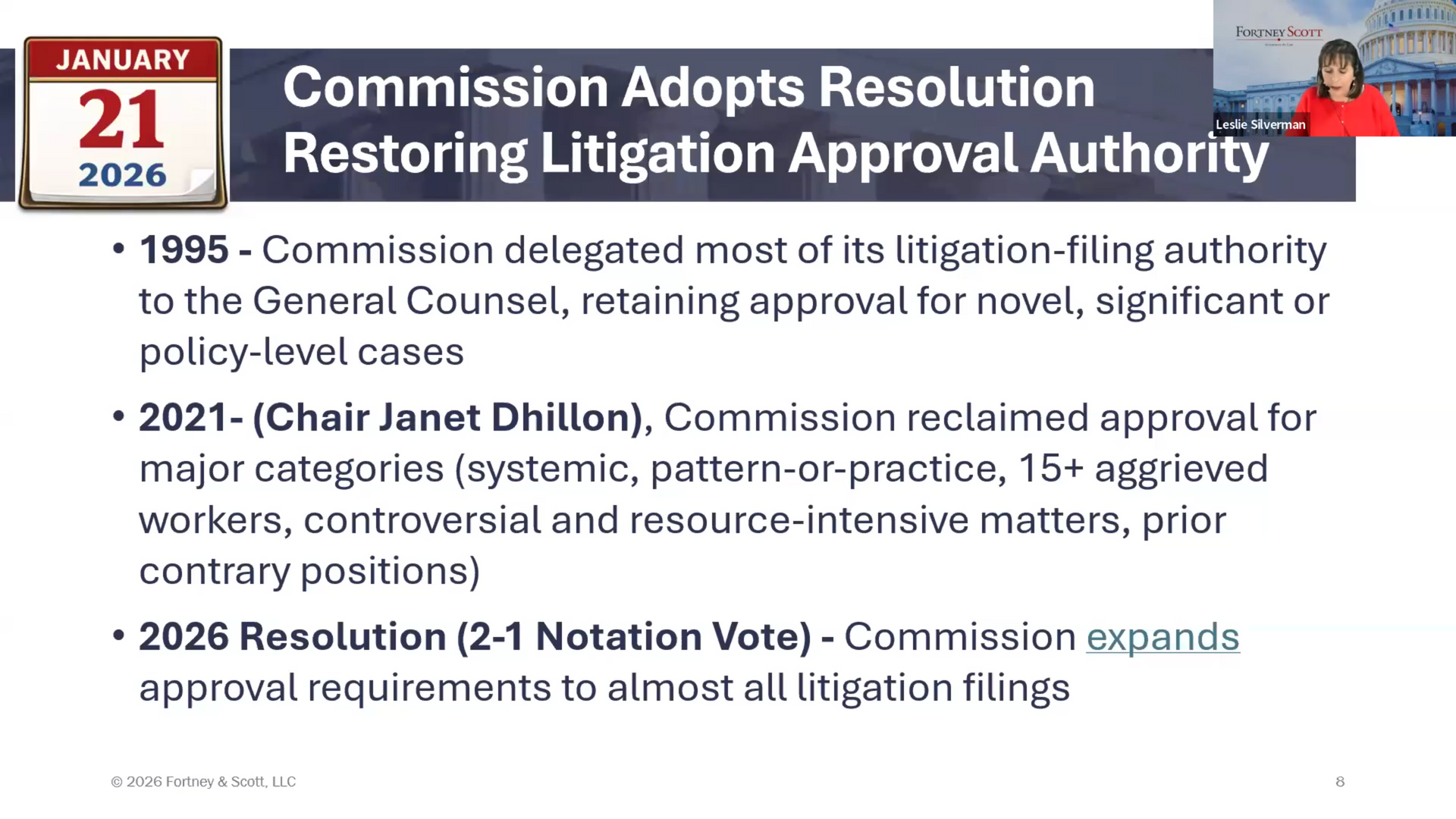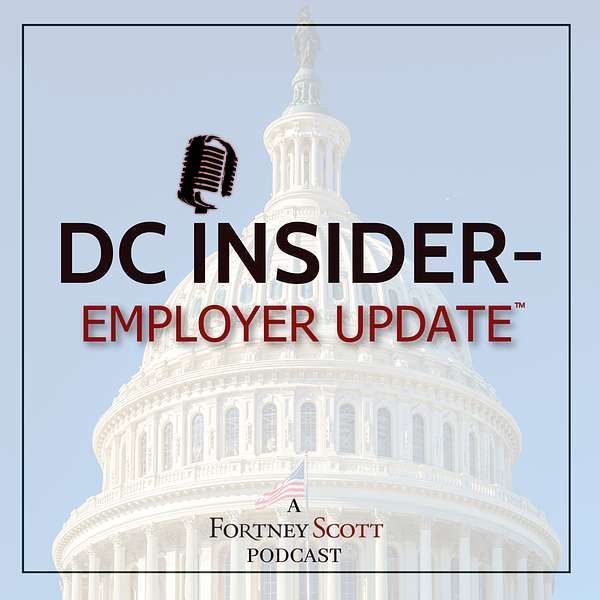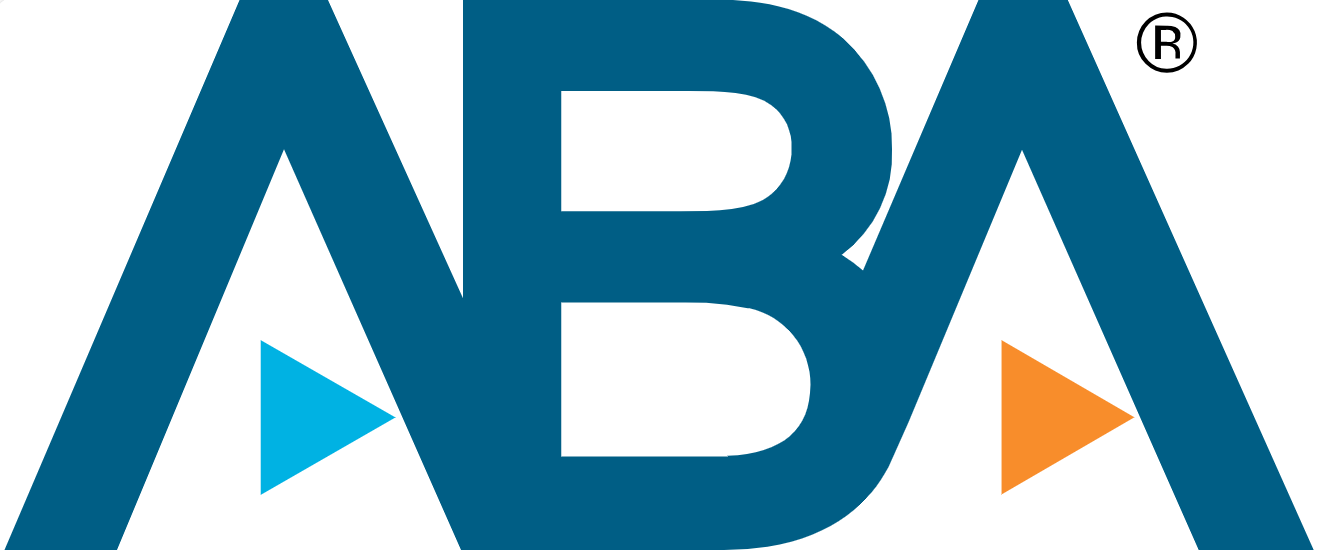Safer Federal Workforce Task Force Issues Guidance for Federal Contractors
OVERVIEW: The newly released Safer Federal Workforce Task Force Guidance requires vaccinations for all covered federal contractor and subcontractor employees by December 8, 2021. The new vaccination obligation applies to all employees working on or in connection with a federal contract or in a covered contractor workplace, including those employees who work remotely. The only exception is for those employees who are legally entitled to an accommodation based on disability or religion. Compliance with the Guidance will be required in future federal contracts, with narrow exceptions.
NEW VACCINATION REQUIREMENTS: The new Guidance from the Safer Federal Workplace Task Force (“Task Force”) issued on September 24, 2021, in response to the President’s Executive Order 14042, Ensuring Adequate COVID Safety Protocols for Federal Contractors, outlines the following requirements for federal contractors and subcontractors:
Vaccine mandate: Coverage
- All full-time and part-time employees of a covered contractor, working on or in connection with a covered contract or at a covered contractor workplace, will be required to be vaccinated by December 8, 2021, including those working remotely. The only exceptions are for employees legally entitled to an accommodation.
- After December 8, 2021, all covered contractor employees must be fully vaccinated by the first day of the period of performance of a newly awarded covered contract.
- Employees who are considered performing work “in connection with” a covered contract includes those who perform duties necessary to the performance of a covered contract but who do not directly engage in performing the specific work called for by the covered contract “such as human resources, billing and legal review.”
- This definition is broader than the coverage provisions included in Paid Sick Leave and Minimum Wage obligations.
- Employers are to determine what type of accommodation they must offer to employees who request an accommodation.
- Covered contractors are required to review (but not to retain copies of) their covered employees’ vaccination documentation which contractors may allow to be digital.
- Attestation by covered contractor employee is not an acceptable substitute for documentation of proof of vaccination.
- Covered contractors cannot accept a recent antibody test as proof of vaccination.
- Covered contractor employees who have had prior COVID-19 infection are required to be vaccinated.
- Covered contractors are required to “flow down” the contract clause to subcontractors but have no obligation to verify subcontractor compliance.
- Contracts awarded prior to October 15th must incorporate vaccine clauses when an option is exercised or an extension is made. New contracts awarded on or after November 14, 2021, must incorporate the vaccine clauses. In the interim, contractors are encouraged to adopt the vaccine protocols.
Safety Protocols
- Covered contractors are not required to determine the vaccination status of visitors or others; the only requirement is that they post signage at entrances on safety protocols, including masking and social distancing.
- Covered contractors are required to ensure that all individuals including covered contractor employees and visitors wear masks and social distance in areas of high or substantial community transmission, as determined by CDC, except in limited circumstances of working alone in an office with a door or when eating or drinking.
- Covered contractors are to designate a person or persons to coordinate COVID-19 workplace safety efforts at covered contractor workplaces.
- This Guidance applies to contractor or subcontractor workplaces that are outdoors.
Relationship to other laws
- The Guidance states that it overrides any contrary state or local law or ordinance.
- Contractors must comply with this Guidance regardless of whether they are subject to other workplace safety standards, such as OSHA’s anticipated Emergency Temporary Standard on COVID-19.
CONCLUSION: Federal contractors need to immediately develop and implement plans for compliance. Although there are a growing number of legal challenges, it is likely that the new contracting obligations will be implemented.
FortneyScott attorneys will continue to monitor developments. Join our firm’s web-based briefing addressing Federal contractors’ new vaccination obligations on Wednesday, September 29 at 12:00 noon ET by registering here, or listen to our latest podcast on the DC Insider—Employer Update podcast here. Of course, please contact any of the FortneyScott attorneys with questions or email us at info@fortneyscott.com.















